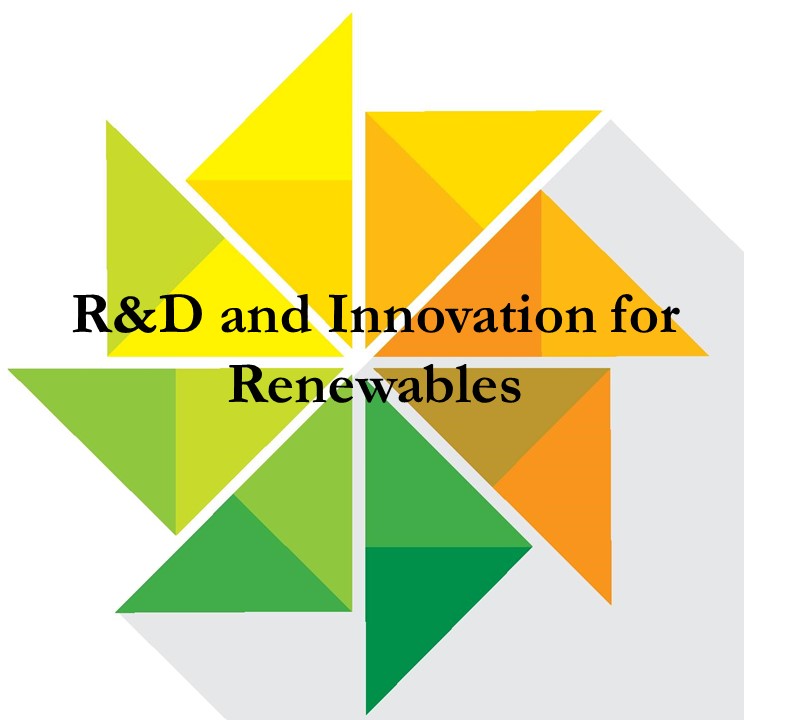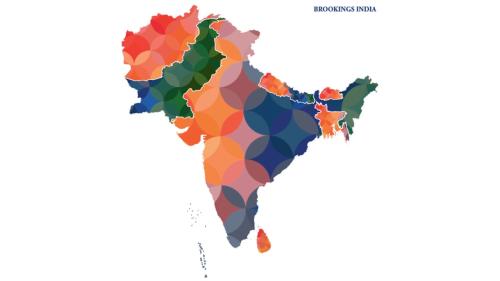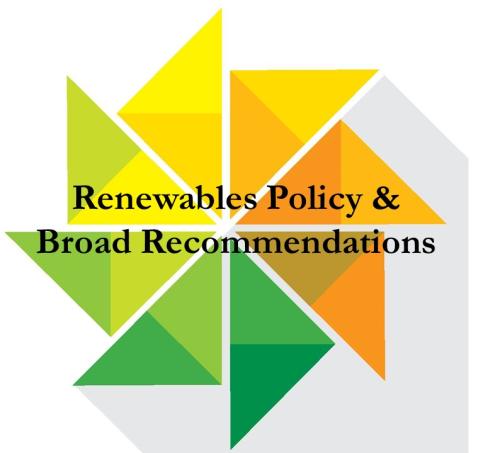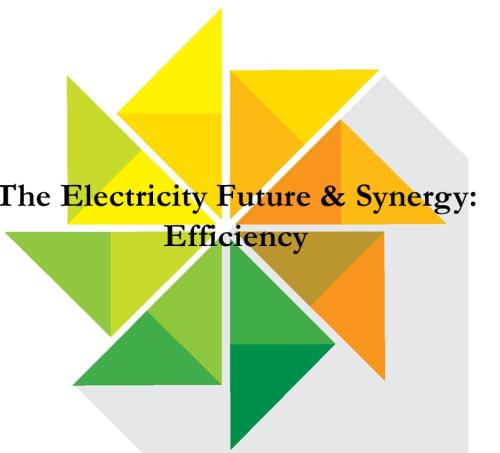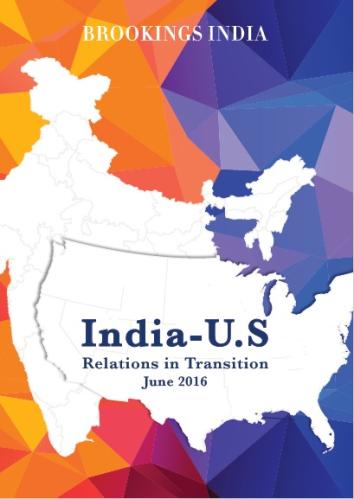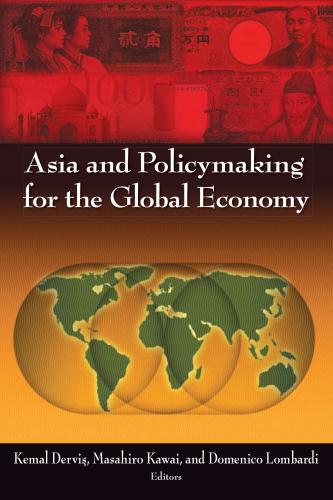Content from the Brookings Institution India Center is now archived. After seven years of an impactful partnership, as of September 11, 2020, Brookings India is now the Centre for Social and Economic Progress, an independent public policy institution based in India.
This chapter is a part of Brookings India’s edited book, “Blowing Hard or Shining Bright? Making Renewable Power Sustainable in India” To view the preface and table of contents, click here.
Chapter Summary:
This chapter focuses on some contours of R&D and innovation for renewable power, which will take us further along the price-performance curve. Almost unsaid because of its primacy is the need for Indian innovation or at least innovation accessible to India at low-cost. Some of the recommendations focus on specific technologies, such as adopting newer solar cell technology to leap frog in the current environment of abundant (and some would say over-abundant) cheap cells from foreign suppliers, or the immediate prospects for low-wind-speed wind turbines (since India’s wind speeds are lower than Western Europe or parts of the US). Also highlighted in the discussion are game-changing issues such as hydrogen availability to make fuel cells viable. Other recommendations ask for new models of collaboration, especially the need to bring together industry, academia, and government.
Gopichand Katragadda is the Group Chief Technology Officer for Tata Sons. In this role, Gopi is responsible for technology at the group level and leverages cross-company synergies, creates technology strategies for white spaces, and acts as an evangelist for innovation across group companies. Previously, as the Chairman and Managing Director of GE India Technology Centre, he facilitated funding of cross-business innovation, championed the commissioning of new research labs, developed research teams, and helped build GE’s largest R&D Centre – the John F. Welch Technology Centre (JFWTC).
The Brookings Institution is committed to quality, independence, and impact.
We are supported by a diverse array of funders. In line with our values and policies, each Brookings publication represents the sole views of its author(s).
